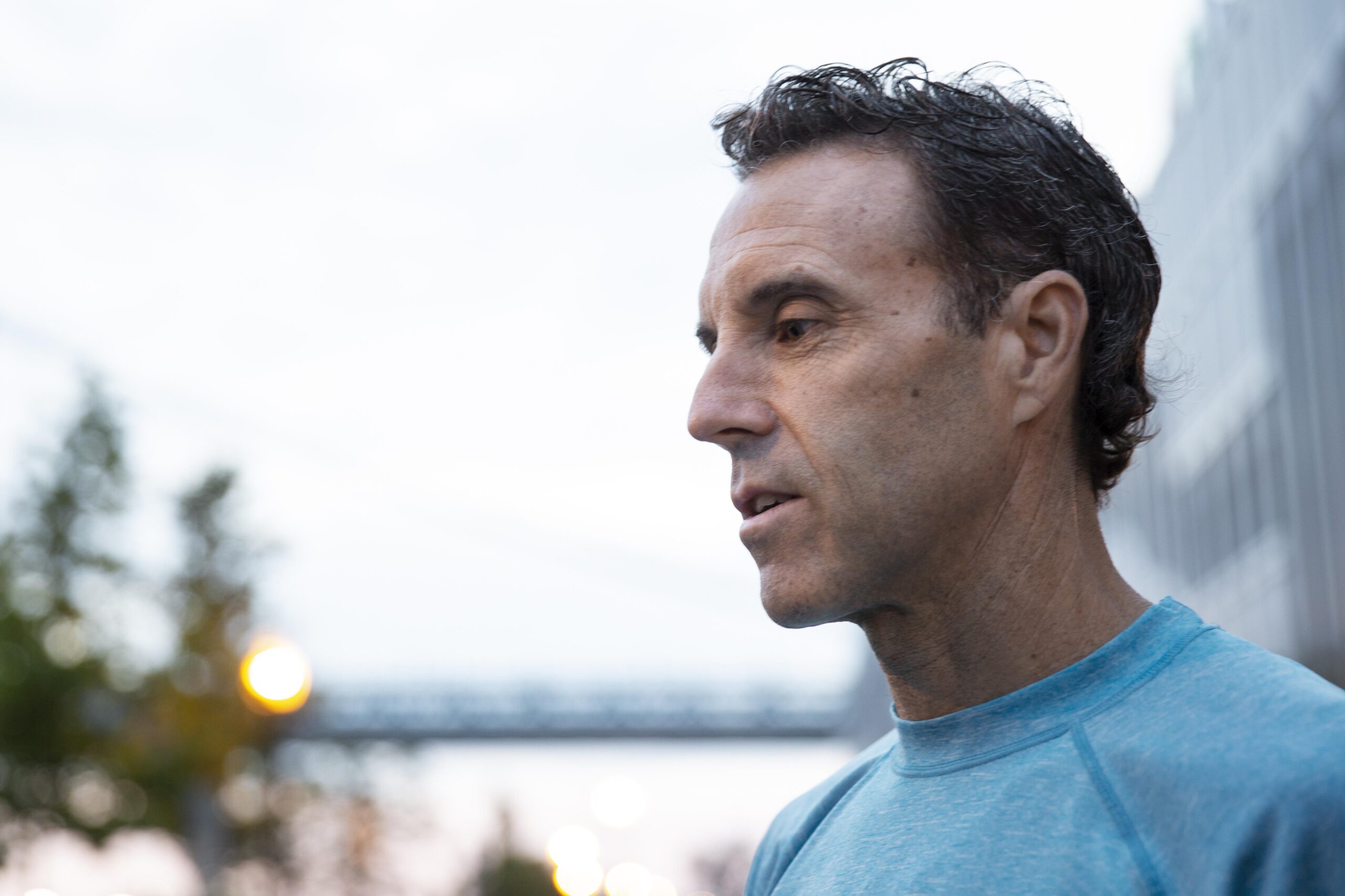Services
- Home
- Mental Health
- Who We Treat
- How We Treat
- Patients & Visitors
- About
- Lexington
close
After snorting the last of your current supply of cocaine, you lean back and wonder how long you can keep doing this. You feel like cocaine has taken control of your life, and you are stuck in a never-ending loop of cocaine, trying to leave it behind and returning to it once again once it wears off. This is supposed to be your last time, but you know you will go out and buy more in a few hours. At what point will enough be enough?
According to the National Forensics Laboratory Information Systems, 100 out of every 100,000 people in the South region of the United States used cocaine in 2021. At SUN Behavioral Kentucky, we know how challenging it is to put cocaine behind you. We want to teach you new skills and coping strategies to propel you toward a healthier life.
Cocaine addiction treatment starts with asking for help. The first step when treating cocaine addiction is often behavioral therapies that help you address why you turned to cocaine use, and learning skills to manage future challenges that you might face. The time that one stays in treatment varies for every person. On average, people might spend 30 to 90 days receiving treatment, but it could be longer. We accept Medicaid, Medicare, commercial, and private pay insurance.
At SUN Kentucky, we know that withdrawing from cocaine can be difficult. This can include symptoms of withdrawal that can make the process difficult for those who want to recover. However, this is an important process that allows your body to remove cocaine from your system. Some side effects of cocaine withdrawal include:
These symptoms might last for several months if you have used cocaine for a long period or used high doses of cocaine.
During inpatient treatment, the length of stay at our facility is determined by taking a thorough clinical assessment to evaluate your needs and what’s best for you. We will then work with you and your insurance to ensure you get the care you need. This time varies for every person because every person is different and requires a different plan that will best allow them to recover. You will start your recovery in a safe and neutral environment that will allow your best chance at recovery.
SUN Kentucky provides an intensive outpatient program. Here you will come in a few times a week for extended periods during the day. You will meet with psychiatrists and nurse practitioners, learn stress management and life skills development, participate in aftercare planning, and support groups. Intensive outpatient treatment can be used to prevent the need for hospitalization as it benefits those who need more intensive cocaine addiction rehab than what is offered by traditional outpatient programs, while still being able to go home at night. You will attend three group sessions per day for five days a week and work through current issues while learning how to manage your thought processes and understand wellness techniques for relapse prevention.

Don't let anxiety make you suffer any longer. Call SUN for help.
Not everyone will experience the same path in their recovery, but there are some things you can expect when it comes to getting cocaine addiction treatment at SUN Kentucky. Our two cocaine rehab programs include inpatient and intensive outpatient. During inpatient, you will stay at the facility 24/7 as you participate in activities that involve group therapy, individual therapy, yoga, and other activities that will help you form new habits and focus on your healing. With intensive outpatient, you won’t stay at the facility, but you will be at the facility during the day and be able to go home at night. You might be treated for behavioral health concerns such as anxiety and depression. These concerns can exist alongside your cocaine use and need to be treated alongside your cocaine use disorder to prevent relapse.
In partial hospitalization at SUN Kentucky, you will attend group therapy 5 times a day for 5 days a week and focus on cognitive behavioral therapy (CBT), wellness recovery action plan (WRAP), and other coping skills. CBT will help you understand your thought patterns and learn how to adjust them. WRAP will teach you the skills needed to prevent relapse. Intensive outpatient treatments will include three group sessions a day five times a week. This program will also work with you through CBT, WRAP, and other coping skills.
Cocaine is a stimulant made from coca leaves in South America. For thousands of years, people in South America would chew on these leaves for their effects. In the 1900s, cocaine was extracted from the coca leaves and was used by surgeons as a painkiller.

Today, cocaine is classified as easy to misuse but can be prescribed by doctors for legitimate reasons such as ear, eye, and throat surgeries. Cocaine dealers, however, will combine pure cocaine with different powders such as cornstarch or baking powder to increase their supply, which increases their profit. Some dealers might combine it with heroin or fentanyl, as well. This can become dangerous and increase the risk of overdose. It comes in two forms: a powder that can be snorted or injected and a smokable substance. Some street names for cocaine are:
Regular use of cocaine can cause a tolerance to the substance leading to higher doses to create the same effects. Side effects of cocaine can include:

Getting treatment for cocaine use disorder can be the most difficult thing you will ever do, but it is also the strongest and bravest thing you will ever do. At SUN Kentucky you will build a network of support and skills that will help you address your healing. You will meet with psychiatrists and nurse practitioners as you learn stress management, mindfulness, and other life skills.
In the United States, it is estimated that 1.7% of the population, or 4.8 million people aged 12 years or older have used cocaine at least once in 2021. Overall, .5% or 1.4 million people in the United States over 12 have a cocaine use disorder. The National Institute of Health says 1 in 16 to 20 people who try cocaine at least once will become dependent on it within a year.
Cocaine use disorder is common across all age ranges and backgrounds. However, there does seem to be an increase in high school-aged children. According to the National Drug Intelligence Center, 7% of high school seniors have used cocaine at least once, while 2% have used it in the last month. While there have mostly been studies in urban areas of cocaine use, it does not rule out the possibility of cocaine use in rural areas.
People who surround themselves with others who use cocaine are more likely to use cocaine. Behavioral health concerns such as depression, anxiety, and trauma can be associated with a cocaine use disorder. They don’t necessarily cause one another but can present themselves together.
Diagnosing any substance use disorder requires an evaluation and assessment by a medical professional. These might be accompanied by a drug test done with urine or blood. While these tests might indicate the presence of cocaine in your system, they are not the sole indicator of a cocaine use disorder and are mainly used to track your progression through treatment.
SUN Behavioral Kentucky is located in Erlanger, KY. We offer dual diagnosis treatment, which allows you to treat your cocaine use disorder and behavioral health concerns in a safe and compassionate environment. If you wish to learn more, call us at 859-429-5188 today.